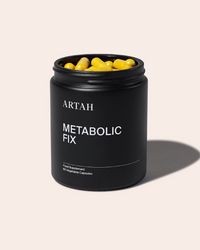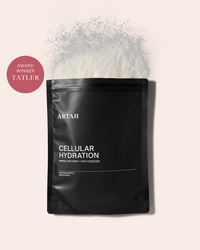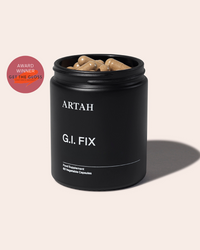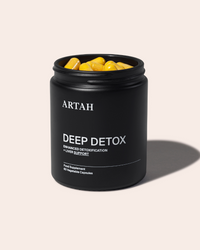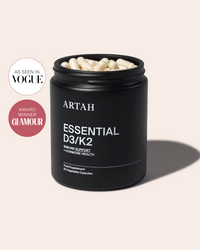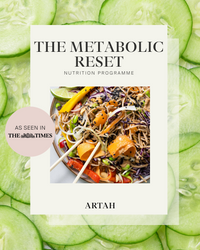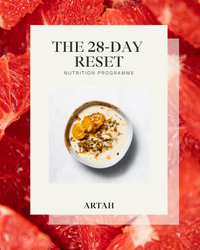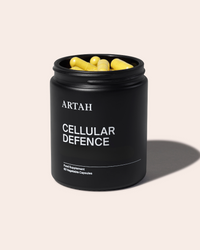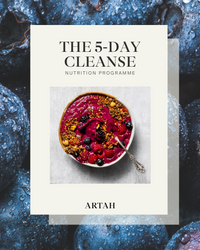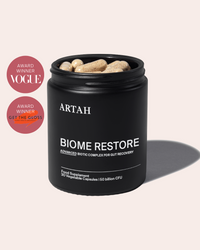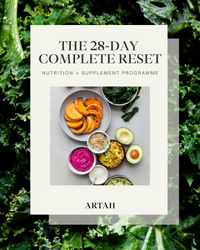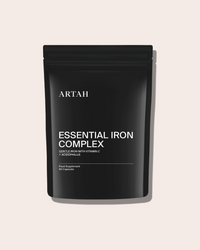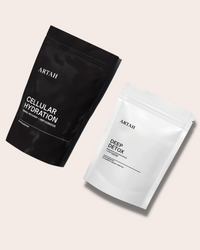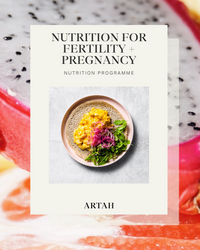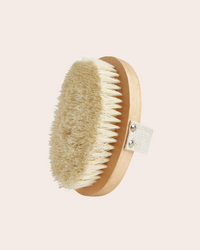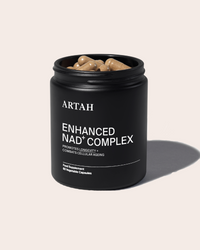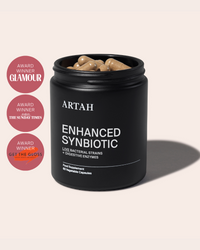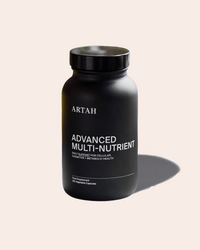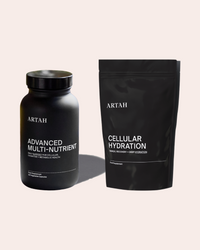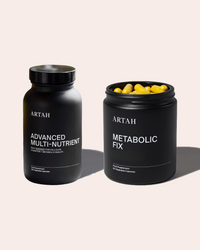How Probiotics Actually Work
Probiotics are becoming increasingly popular and for good reason –
the right probiotic can have powerful, positive effects on almost every aspect of your health. That said, with so many different opinions on what makes a probiotic effective, choosing the right probiotic for you can also feel confusing. From whether they survive the journey to our gut to how they work with antibiotics, here are some of the questions we get asked the most.
1. They don’t set up camp in your gut.
Most of us are led to believe that taking probiotics results in a fresh new bacterial population in our gut, but it’s not as straightforward as that. Whilst certain probiotic strains have better adhesive properties (or are stickier) than others, the beneficial effects from probiotic supplementation don't arise because they take up permanent residence in our gut. Instead, they tend to exert their benefits as they interact with our immune and gut cells, and our current bacterial population. This doesn’t mean that they don’t help to increase beneficial bacterial populations, but probiotics aren’t meant to directly replace lost bacteria.
2. But they CAN influence microbial diversity.
Even though they don’t all stay in our system, they do influence our microbiome as they pass through. Beneficial strains have been shown to suppress the more pathogenic – or harmful – strains when they are in our system. This means that they can help dial up the growth of our beneficial microbes and dial down the growth of other, more unwanted species. This is why it’s common to immediately feel a benefit when taking probiotics; our microbiome is reacting to them in real time. Of course, these interactions will always be enhanced when we use nutrition to help nourish diversity; you guessed it – it's all about getting as many different varieties of plant foods as possible (40 is the magic number).
3. Specialised capsule technology is unnecessary.
Don’t get us wrong, the outer capsule is important, but the rumour that all strains are ‘destroyed’ by our stomach acid is a myth. Each strain and species of probiotic is different, so some will be more acid resistant, and some will be more sensitive. This means that whilst some strains will arrive mainly intact to the intestines, some will arrive partially digested. Having an appropriate capsule can help this, but even if probiotics are exposed to our digestive process (as they undoubtedly will be), studies have shown that the digested cellular materials of the bacteria are still able to interact with our body to have a beneficial effect. Some of the most clinically studied strains of bacteria have provided benefits regardless of capsule technology; in fact, many studies have been carried out with powdered and liquid forms of probiotics with favourable results, so most hype about capsule technology is mainly marketing. Quality and evidence base are key.
4. They can be taken alongside antibiotics but be mindful of timing.
Since probiotics are bacteria, they are technically susceptible to being targets of antibiotic use. But some species are still able to get to the gut unaffected, especially if you’re mindful of timing. Lactobacillus strains (like rhamnosus and acidophilus) in particular have been shown to survive in significant concentrations alongside treatment and help reduce the likelihood of antibiotic-associated diarrhoea. Best practice is to take probiotics in between doses – so ideally 2 hours after a dose.
5. Most of us can benefit from probiotic use.
This is because most of us won’t have a perfect gut, a perfect medical history, or a perfect diet. There are so many factors that play into our gut health; antibiotic use, being born by caesarean, how we were fed, our exposure to foods and medications in our early stages of life, alcohol, illnesses, food quality, a loss of contact with our natural environment, modern sanitation practices, over the counter medications, food diversity – the list goes on! In our modern world, taking a probiotic is a great way to proactively support gut health. Plus, with more and more research emerging on their effect on emotional wellbeing, energy, and metabolism, it can be an effective, targeted way to holistically approach our health goals. With that in mind, there are certain people who need to be careful. If you have a compromised immune system or complex medical condition, it’s important to consult your doctor before taking probiotics because of their influence on the immune system.
This article is for educational purposes only and the implementation of the theories and practices discussed is at the sole discretion of the individual. All advice given is not a substitute for medical advice, diagnosis, or treatment. If you have any concerns about your health, you should speak with your physician.






